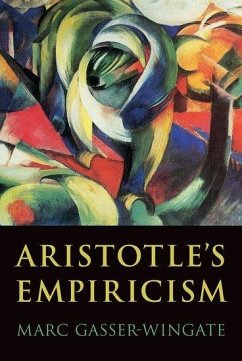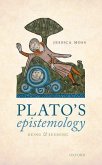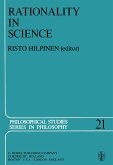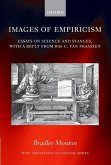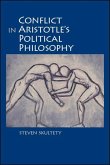Though Aristotle is often thought to be an empiricist-someone who thinks all knowledge is somehow derived from perception-the philosopher is often thought to have little to say on these matters. Gasser-Wingate here offers a sustained examination of these discussions and their epistemological, psychological, and ethical implications. It defends an interpretation of Aristotle as a moderate sort of empiricist, who thinks we can develop sophisticated forms of knowledge by broadly perceptual means, and that we therefore share an important part of our cognitive lives with nonrational animals, but also holds that our intellectual powers allow us to surpass them in certain ways, and develop distinctively human forms of understanding.
Hinweis: Dieser Artikel kann nur an eine deutsche Lieferadresse ausgeliefert werden.
Hinweis: Dieser Artikel kann nur an eine deutsche Lieferadresse ausgeliefert werden.

